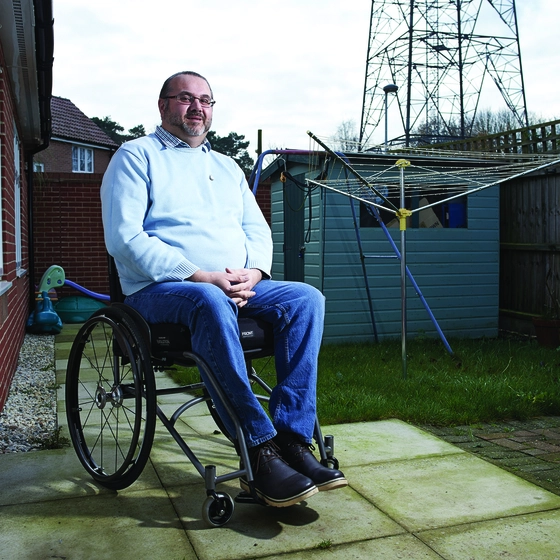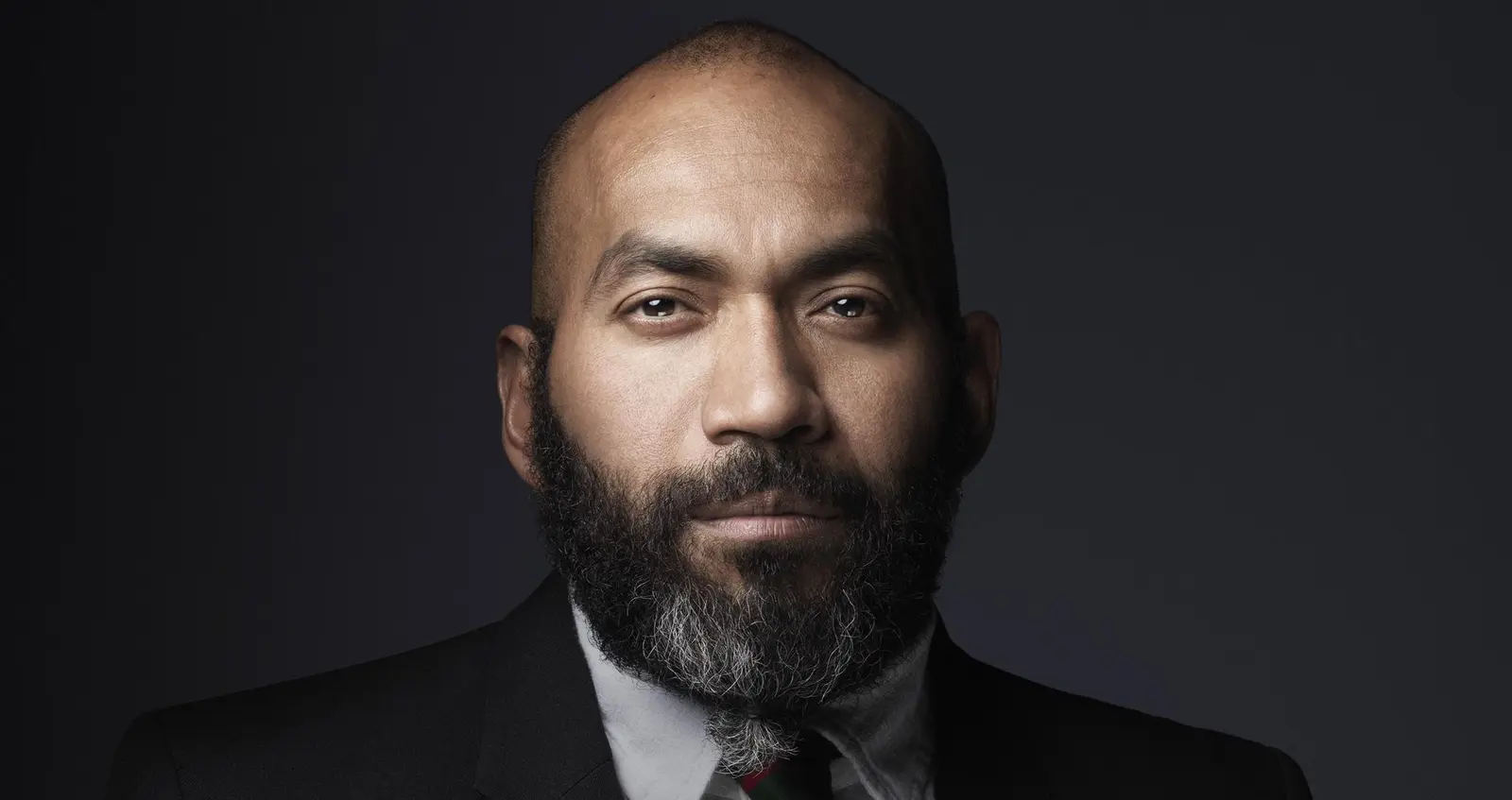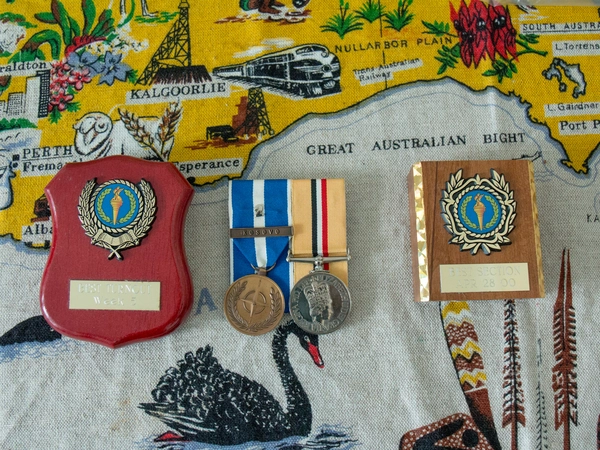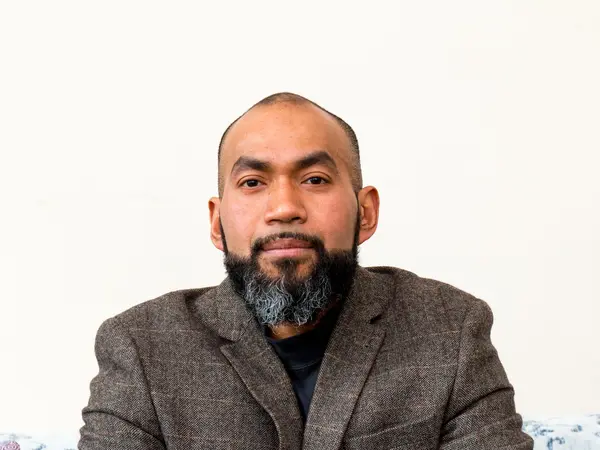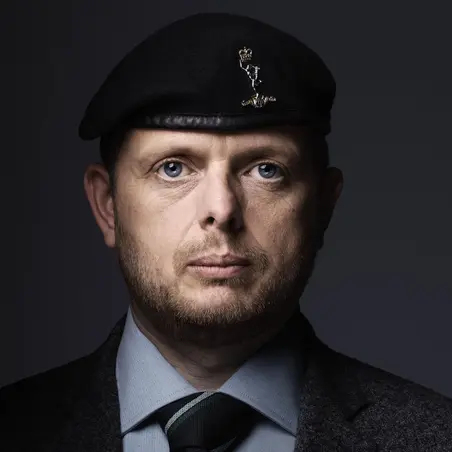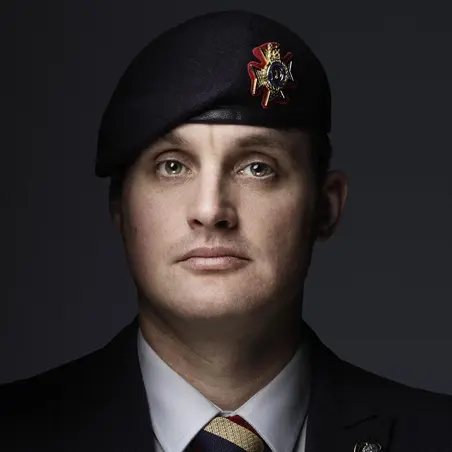Nicholas Bennion is from the Pacific Island of Fiji.
He joined the British Army in 2000 leaving his home and moving 9,800 miles to the UK.
Time in the Forces
Nicholas left the Army in 2007 and found the transition to civilian life much harder than he anticipated.
“It was pretty tough,” he said.
“I thought it would be easy but it was tough. I think it also probably depends on the skill trade you've got.
“I think the skill trade for an infantryman doesn't transfer that easily to a civilian life.
“But the good thing about being an infantryman you get trained to face challenges.”
Nicholas admits that he was having a hard time after leaving the Army which led to his wife reaching out to us for support.
We assisted Nicholas with rent, deposit, furniture, and household items and then in 2013 helped him with food vouchers and course-funding.
Nicholas left his job at a warehouse in 2013 where he had worked since leaving the Army.
Having completed an SIA course, with funds from the regiment which assisted him in getting employment in security.
Support the Armed Forces community
New beginnings
“I received help and assistance from the Royal British Legion, which made a massive difference in my circumstances, I would not be where I am today without their help and assistance,” he said.
“I think RBL is very important,” he added.
“One of the things that I think people don't realise is how much the RBL does for the veterans.
“I mean not only for the veterans but people that are still serving. When you come out everything is challenging and new. So, you’re not fully aware of how things are outside and RBL is there.
“They’re there to guide you and teach you about how things are on the outside or help you get the things you need.
“I think most of the veterans are grateful for RBL, for the work that they're doing and for people that are involved with it.
“And I think without the RBL I wouldn't be here. I'd probably still be somewhere struggling.”
